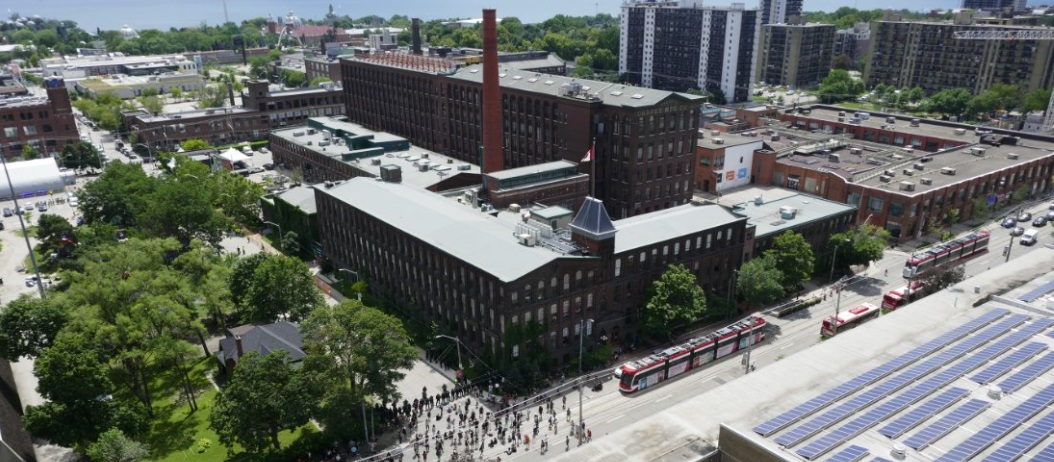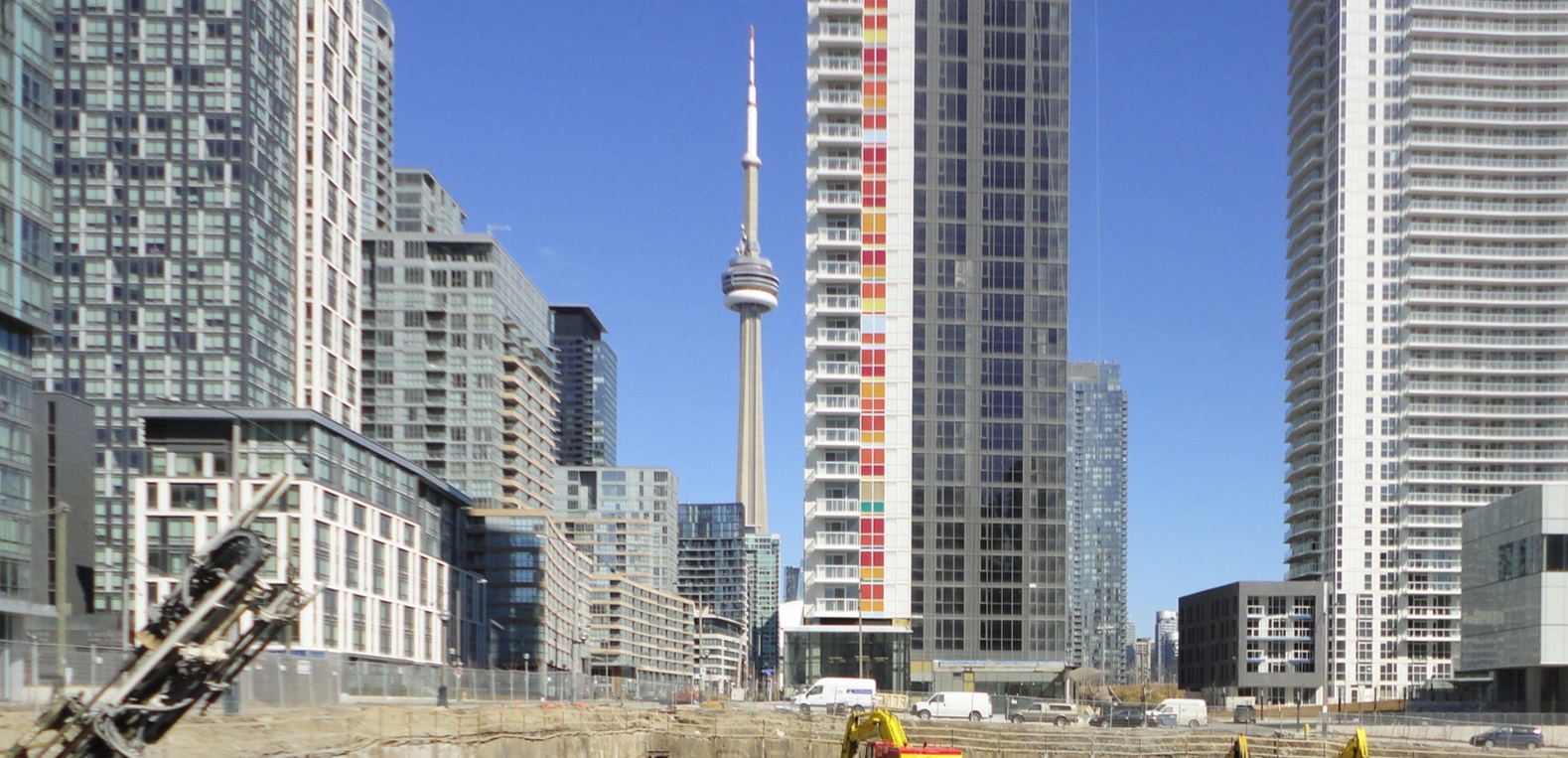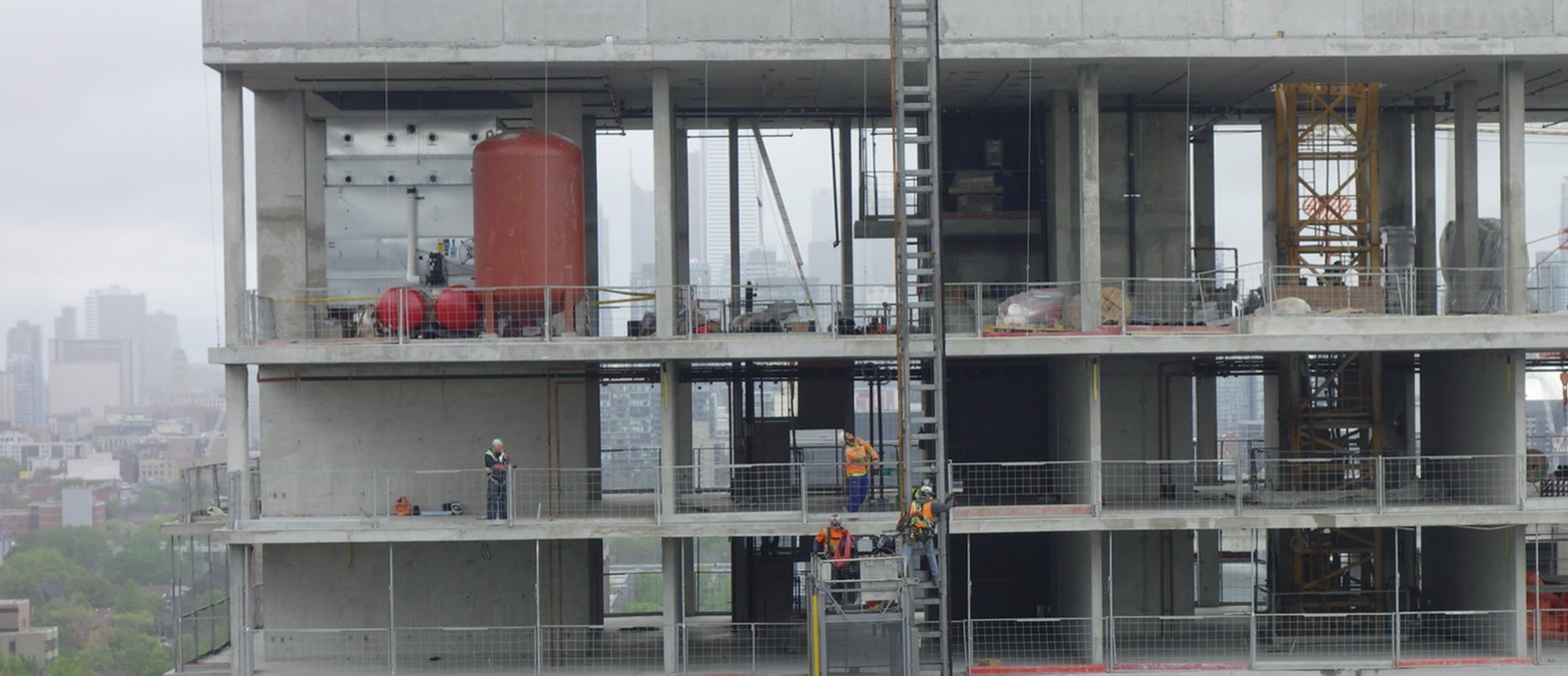February 7, 2023 | Robert Campbell
InvestOntario got our attention in November 2022 when they published an article entitled, Toronto ranked as North America’s fastest growing tech market. The piece is a real eye-opener because it shares real estate data collected by CBRE alongside insightful analysis from Ontario’s foremost commercial leasing agency. The writers at InvestOntario harnessed their information and compared their data to other city’s property leasing volumes in order to conclude that Toronto is North America’s fastest growing tech hub.
Going beyond the data collected by CBRE, we wondered why Toronto is the preferred home base for so many emerging tech start-ups in Canada.
Four Reasons Why Toronto is North America’s Fastest Growing Tech Hub
- 1. Staffing – Toronto is a magnet for tech talent gathered from all over the world.
- 2. Schools – Our universities cultivate the germs of innovation and produce skilled workers.
- 3. Legislation – We have favorable laws, good immigration policies, fair taxes, and access to capital.
- 4. Community – The city has mentors, amplifiers, and incubators and a community that supports start-ups by adopting their applications and using their goods and services wherever possible.
According to CBRE’s 2021 Scoring Tech Talent, Toronto saw the most absolute growth in tech positions in 2021, adding 88,900 full time jobs. In that year, the city’s advance was greater than the similar sector growth in New York, Seattle, and Boston combined. Why?
InvestOntario believes our province has key advantages which make us a magnet for skilled workers. Canada’s immigration laws, as an example, aid in the arrival of skilled and diverse technicians from around the world, and in their reporting, Toronto has high quality employees available at a fraction of the cost of other markets. Comparable tech talent in San Francisco is double the price. Staffing in Toronto costs approximately 50% less than either New York City or Seattle. Our city is less expensive to do business in other ways too and has other advantages.
What is a Tech Hub?
Tech hubs are cities or regions where technology companies and especially start-ups cluster together to become new economic infrastructure. Such development usually takes years to foster but the rewards are increased prosperity for everyone in the area. The success of a tech hub is often measured by the number of products that have been developed, or the number of successful companies that have spawned because of its existence. A tech hub is a giant incubator where ideas are more rapidly developed, and the resulting product development is more streamlined. It’s like gathering everyone needed to bring an idea from concept to reality and putting them in the same neighbourhood. Tech hubs educate and encourage new talent and foster new ways of thinking. They provide a space where service businesses can be accelerated and in turn, bring wealth to the community.
Toronto has an Abundance of Skilled Tech Staff
Talent availability and cost are both important factors in business success, especially when research and development are required to stay competitive. HR departments across the USA cast wistful eyes at Canada’s immigration policies and wish they had similar laws and means of attracting tech workers as easily as our firms. Canada’s open-door immigration policy (by comparison) and easy access for tech workers is one of the many reasons retail giant Amazon has recently announced it will hire 1,800 new corporate and tech employees in Canada in 2023 to support its AWS, Alexa, Amazon advertising, and boost their retail operations and technology teams.
Nearly fifty percent of Toronto’s residents were born outside the country, according to Stats Canada and the city’s own data. A main path for skilled tech workers to gain permanent residency in Canada is the Global Talent Stream (GTS) of the Temporary Foreign Worker Program (TFWP) under which Canadian work permits and visa applications are processed within two weeks. The result is a diverse workforce where a black owned tech firm like KPDI is not at all unusual and melts into a cosmopolitan marketplace.
Centers of Higher Learning – Tech Hubs Require Tech Schools

MaRS is Toronto’s most famous business incubator and supports Canada’s most promising tech startups.
A common feature of most tech hubs is their proximity to reputable universities and technical institutes. Silicon Valley has Stanford, Austin has the University of Texas, Boston has both Harvard and M.I.T., and Pittsburgh has Carnegie Mellon.
The Toronto-Waterloo corridor is so-named because of the University of Waterloo where so much groundbreaking computer science has happened over the years, and the University of Toronto which continues to innovate and has professors currently doing industry-leading research and development. A well known example would be University of Toronto faculty member Raquel Urtasun, who had been courted by famous ‘emerging’ American autonomous vehicle companies, but has insisted on staying in Toronto.
Multinational companies like to locate their national headquarters and operation centers in places where they can recruit fresh talent which includes new graduates and experienced tech workers. Having a top-notch tech school on hand ensures a steady supply of eager candidates especially when they support an alumni community who share their work experience or have programs which place applicants on the job as part of their undergraduate degree requirements.
With money to experiment, ideas flourish, and Toronto has myriad funding bodies and mentor-driven incubators and coding boot camps. Tech meet-ups, both in-person and online have grown to a sensational size here with persistent rumours that TechTO will soon have a TV deal with the CBC. DevTO, and similar code camps and podcasting groups make the city a hotbed of information sharing and idea cultivation.
Canada has Laws and Legislation Favorable to Tech Hubs
Canada’s institutions are intent on feeding the tech ecosystem at every level, and Toronto has adopted the right attitude providing easy access to capital and an accommodating tax system where, although higher than most American cities, companies get what they pay for in terms of well-maintained highways and roads, good police and overall infrastructure.
Federally, Bill C-10 gives video sharing start-ups (like YouTube was ten years ago) a categorical exemption from the Broadcasting Act because they traffic exclusively in user-generated content. Provincially, Ontario recently passed a law that explicitly forbids companies from enforcing non compete clauses in employment contracts, encouraging employees to take the initiative with their own start-ups.
Backed by a $100 million donation from local business leaders, the University of Toronto is building a complex to foster A.I. and biotech companies, and that’s just one example of a variety of different and exciting public / private ventures. York University has similar programs as do our tech savvy local colleges.
A Community Encouraging Competition and Growth
Toronto’s urban planners and educators have conspired to create a helpful environment where young technology companies have everything they need to thrive. Experimentation is rewarded, and when it works it’s celebrated. More importantly, failure isn’t demonized. Tech savvy mixers help people shop ideas and share resources with other enterprises. This is more formally known as clustering and Toronto is a true tech cluster. As the financial center of Canada, the city is home to half a dozen of the world’s biggest banks and accommodates both old and new technology firms. Microsoft has kept offices here for years, and IBM still operates a research facility at Don Mills and Eglington. Additionally, there are computer-chip companies like Intel and AMD situated in close proximity.
Toronto, like other population centers, enjoys the effect this tech ecosystem has in diversifying our local economy, and in creating new and exciting opportunities in other related sectors such as solar-power initiatives, community Wi-Fi projects, and green space expansions. Some hotspots have made-over entire streets and spawned local digital currencies which stimulate brick & mortar retail sales. The buildings in such areas have communities filled with imaginative start-ups, creative industries, and unique digital societies.
Why are so many tech companies situated in Toronto?
Cisco, Flipp, IBM, League, Shopify, Telus, Wattpad and Oracle all maintain shops in the city. Pinterest is on the eighth floor of 85 Richmond Street, and Stripe, an American payments company, has opened an office across from City Hall near Klarna, a Scandinavian payments company, which debuted its 2021 arrival in photos with Mayor John Tory at City Hall.

Kristina Elkhazin, Head of Canada, Klarna; John Tory, Mayor of Toronto; David Sykes, Head of North America, Klarna; Stephen Lund, Chief Executive Officer, Toronto Global (Photo: George Pimental)
Microsoft opened four floors near the top of a fifty-story tower In February 2022. Apple and Amazon are tenants in a neighbouring building down the street, and Google is building an indomitable presence on the Toronto Waterfront. These companies and many others have near unlimited resources and could locate anywhere on the continent. They chose Toronto.



